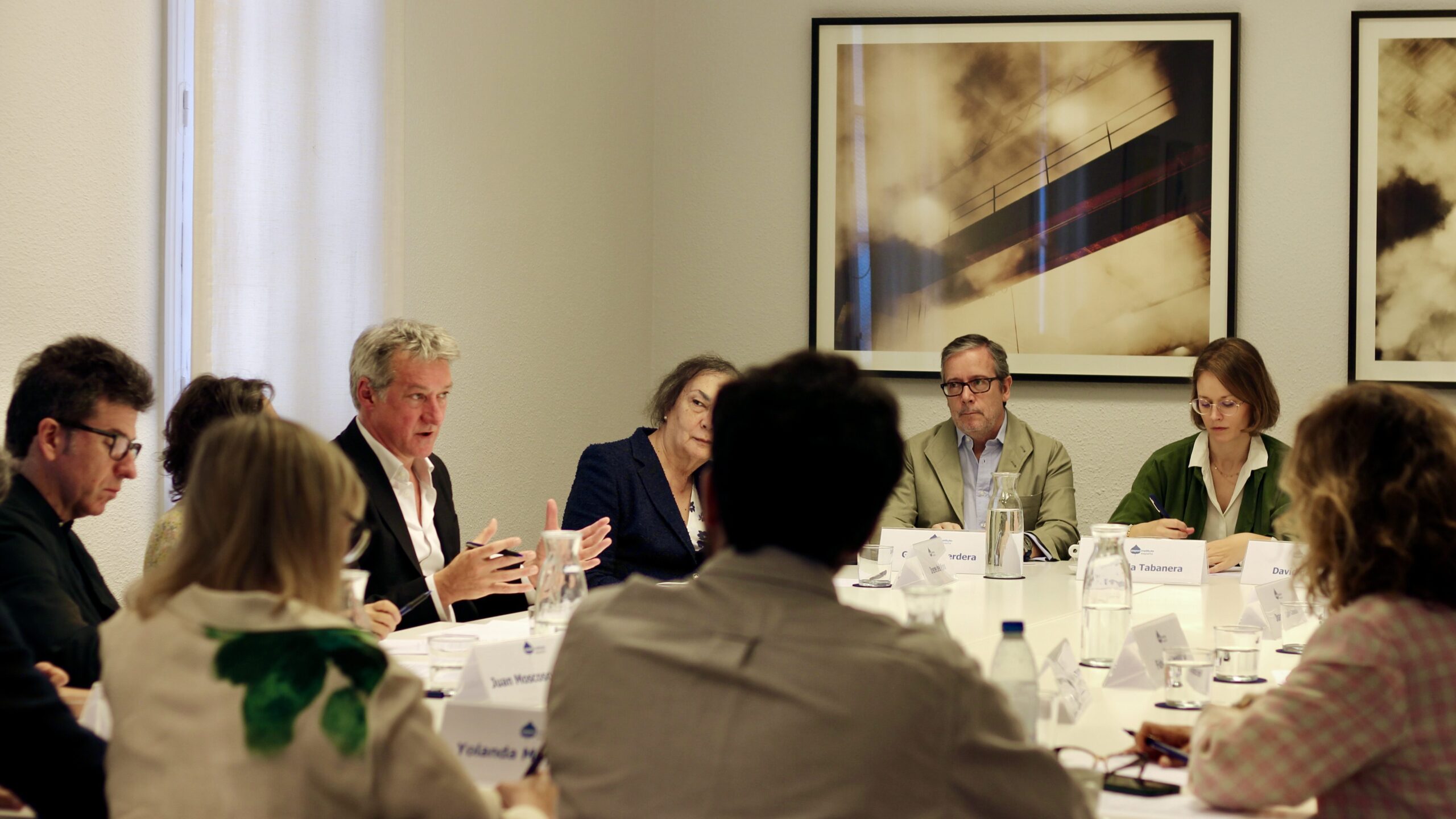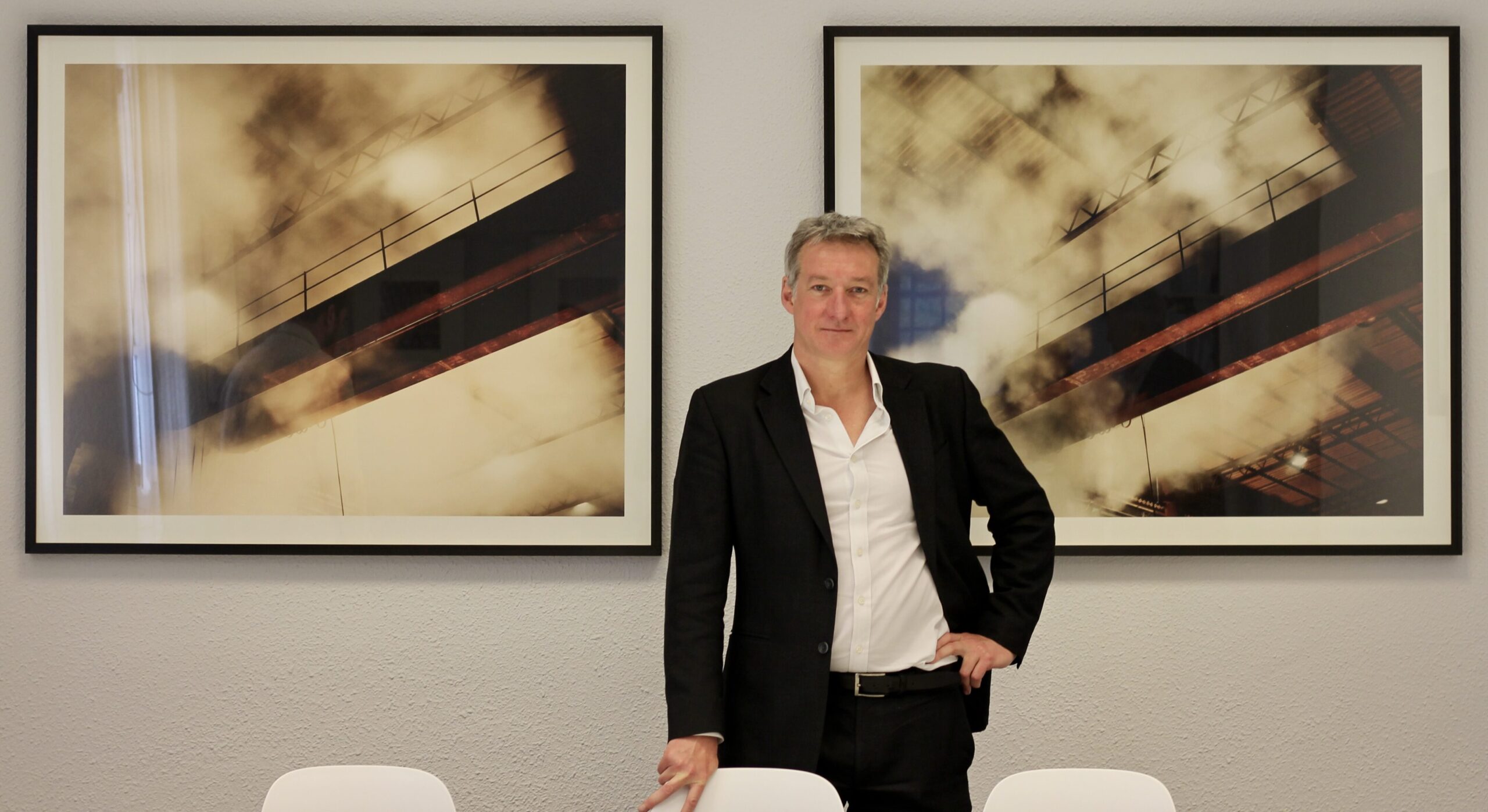
Madrid
We had the pleasure of hosting Simon Nixon at Aspen Institute España for a discussion on “The End of the Economic World as We Knew It.” Following his visit, he published a piece on his Substack, Wealth of Nations, titled “Europe’s Moment”, in which he analyzes the crucial role that Spain and other European countries are playing in the economic and geopolitical transformation of the continent. He also reflects on the impressions shared by the people he engaged with during his stay. Both in the debate session—part of the Aspen Ideas Program’s Economy and Society series—and in his article, he addressed the shifts he has observed in Europe in contrast to the United Kingdom, as well as the broader dismantling of the economic order as we have known it.
Vicente Nieves from El Economista wrote about the conference and discussion in the article titled “Simon Nixon (analyst): ‘The rivalry between the US and China is much more dangerous than that of the Soviet Union during the Cold War.’” Nixon argues that the interdependence between the US and China complicates their rivalry and that Europe finds itself caught in the middle of this dynamic. He suggests that Europe can only navigate this situation successfully if it achieves economic autonomy to avoid being subject to technological, economic, or military blockades. Nevertheless, he expresses optimism about countries like Spain, which have successfully leveraged European funds to drive growth and innovation—especially in the fields of energy transition and digitalization.

Simon Nixon
Simon Nixon is an independent commentator and the publisher of the Wealth of Nations newsletter on Substack which focuses on European political economy and geoeconomics. He was previously chief leader writer and a columnist at The Times (of London) and before that chief European commentator at The Wall Street Journal where he was twice shortlisted for the European Press Prize for his coverage of the eurozone financial crisis. He is a regular contributor to Bloomberg, the Financial Times, the Guardian and Prospect magazine, as well as a columnist for Euractiv and Kathimerini. Before becoming a journalist, he worked in investment banking for five years. He has a first class degree in history from Trinity College, Cambridge University. He lives in London with his wife and four children.



